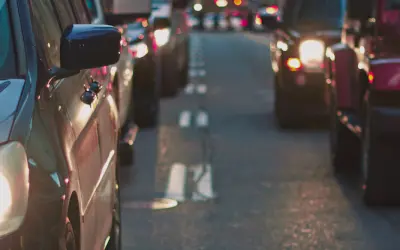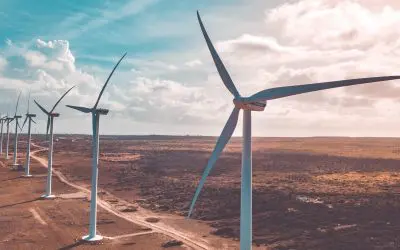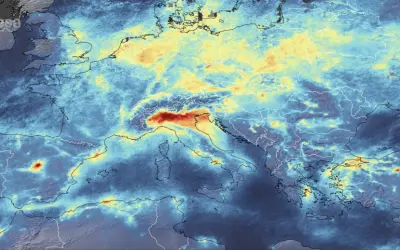The European Public Health Alliance (EPHA) has called on the European Commission to take the necessary action to improve public health as it starts the process to revise air quality standards by the end of 2022, as part of the implementation of the European Green Deal, echoing the demands of medics4cleanair outlined in our manifesto here.
Air pollution is a global health challenge that affects us all. According to the ‘European Environment Agency (EEA)’s most recent Air Quality report, air pollution was responsible for about 400,000 premature deaths in the EU in 2018, and following reports of the links between the COVID-19 pandemic and air pollution, the need to improve the quality of the air we breathe has never been more important. The more new air quality standards can be aligned with public health principles, the greater the opportunities to improve Europeans’ health and reduce health costs.
Better prevent and tackle air pollution
EPHA is calling on the European Commission to put forward proposals to align EU air standards with the latest WHO Air Quality Guidelines, due to be updated this year, and the latest scientific evidence. The EU must present an ambitious action plan for clean air, which explores and supports the legal, financial, coordination or promotion tools, such as:
- Revision of climate and health harmful air pollutant limits (e.g. post Euro 6/VI vehicle emission standards),
- Expand zero emission vehicles, end all sales of conventional fossil fuel-powered cars by 2028 & phase out all petrol & diesel cars by 2045,
- Urban policies e.g. ultra-low emission zones, congestion charging parking policies, tax measures & incentives, encourage car-sharing.
EPHA also calls on the EU to mobilise resources to invest in walking, cycling and improve public transport infrastructures to achieve a paradigm shift in people’s mobility, and quantify the health benefits of increased physical activities could be also quantified. Preventing pollution means ending direct or indirect public financing of polluting processes. This requires full alignment of the EU budget and COVID-19 recovery funds with a zero pollution objective of cutting pollution at the source. The EU should adopt a clean air conditionality list for the Next Generation EU, with a full application of the “polluter-pays” principle.
Better identify air pollution and its effects
EPHA also calls for the implications for people’s health to be put at the heart of the choice of key metrics to check the efficiency of European environmental actions, with every action in the field of environment and health based on evidence-informed science, as well as for for decision makers to follow the guidance of the latest scientific evidence on environmental pollution health damages, as a basis of any future policy.
Better monitor and report air pollution
EPHA also strongly recommends more research on health costs of air pollution, following the examples of the 2020 report Health costs of air pollution in European cities and the linkage with transport, which used a comprehensive methodology to examine the health costs of air pollution in 432 cities across all EU member states, Norway, Switzerland and the United Kingdom, and the 2018 study on Health Impacts and Health Impacts of Diesel Emissions in the EU, in 9 European countries. There are some discrepancies on the number of air monitoring stations and where they are located, e.g. some cities have a single air quality monitoring station in park, not near a congested road. EPHA says that accessible, transparent and reliable local data is a key to improve monitoring accountability.
EPHA will continue to monitor the process as the new rules are agreed by the European Parliament and the EU national governments, to ensure the highest level of ambition to improve the air we breathe.







